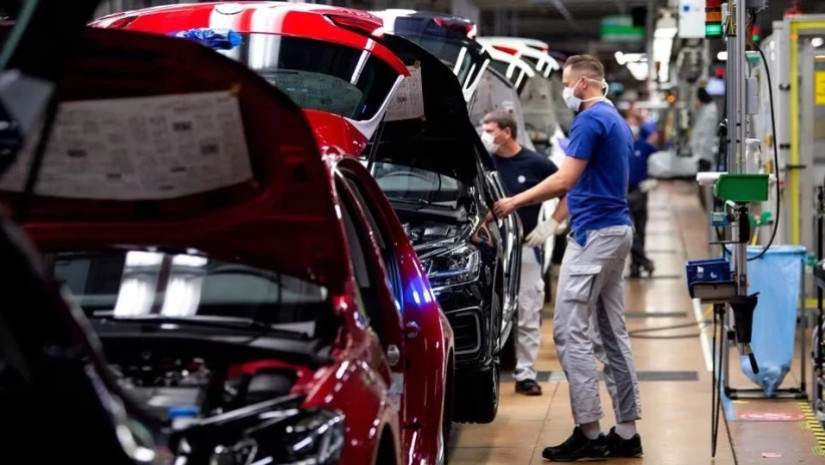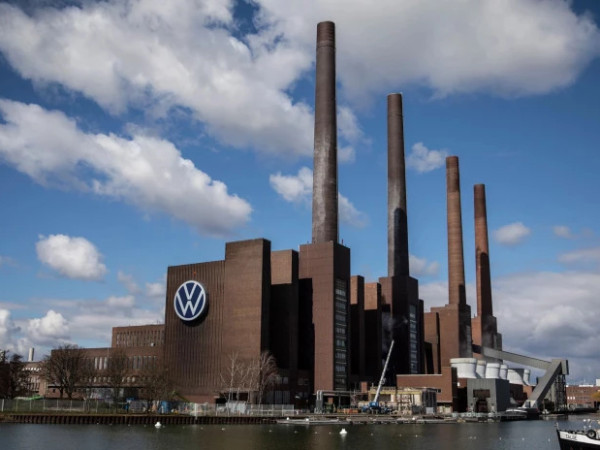Eight European Union member states including France, Italy and Poland urged Brussels to scrap its planned vehicle emissions limits, warning they risked hurting investment.
The EU proposed changes late last year, known as the "Euro 7" standards, to reduce air pollution from new vehicles sold in Europe with limits to pollutants such as nitrogen oxides and carbon monoxide.
The caps were set to enter into force in July 2025.
"We oppose any new exhaust emission rules (including new testing requirements or new emission limits) for cars and vans," the countries - Bulgaria, Czech Republic, France, Hungary, Italy, Poland, Romania and Slovakia - wrote.
"These new rules would divert the industry's investments from achieving the net-zero transition pathway," they added in a letter sent to member states.
The EU agreed on a planned phaseout of sales of new fossil fuel cars by 2035 earlier this year as it pushes for 100 percent electric vehicles.
The ban on internal combustion engines is key to the EU's ambitious plans to become a "climate neutral" economy by 2050, with net-zero greenhouse gas emissions.
Air pollution linked to road transport is responsible for 70 000 deaths each year, according to the EU.
The draft calls for a reduction in the emission of NOx, the nitric oxide and nitrogen dioxide that cause smog and acid rain, by 35 percent from cars and 56 percent from trucks and buses compared to previous rules.
The automotive industry opposes tougher petrol and diesel vehicle standards, insisting they will have very little positive environmental impact since the industry is moving towards electric cars.


















